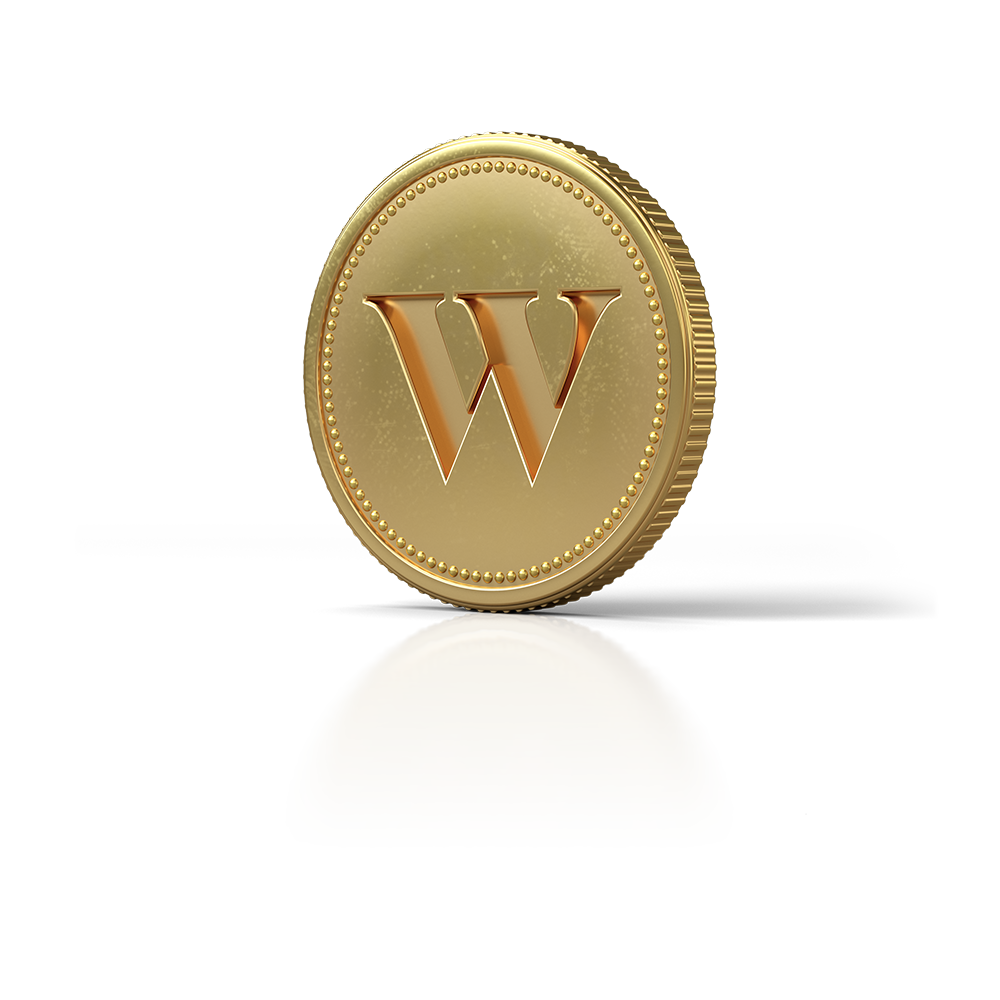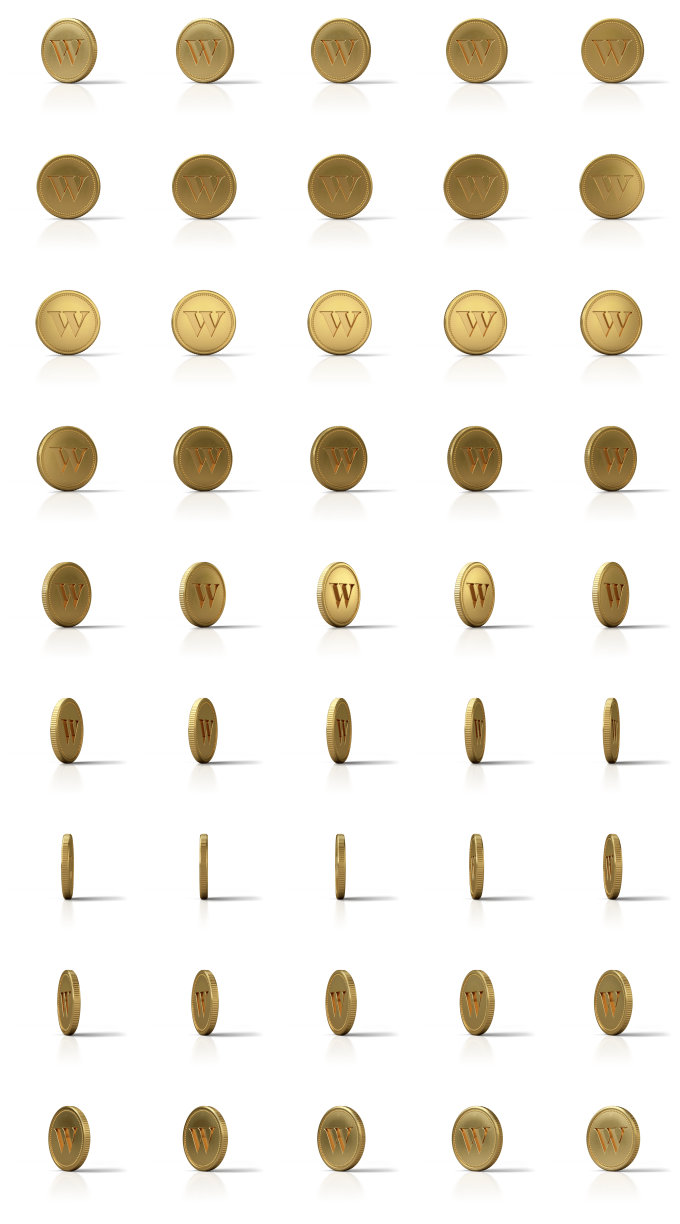Andrew Goldman has been writing for over 20 years and investing for the past 10 years. He currently writes about personal finance and investing for Wealthsimple. Andrew's past work has been published in The New York Times Magazine, Bloomberg Businessweek, New York Magazine and Wired. Television appearances include NBC's Today show as well as Fox News. Andrew holds a Bachelor of Arts (English) from the University of Texas. He and his wife Robin live in Westport, Connecticut with their two boys and a Bedlington terrier. In his spare time, he hosts “The Originals" podcast.
Stocks and bonds both provide ways for you to give your money to entities that need it for one reason or another. Put simply, when you buy a stock you are buying a piece of ownership in a company, and when you buy a bond you are signing up to become a partial financier of a loan.
Stock is what a company will issue if it wants to raise money by some other means than just through its business operations. The company will assess its value, divide that number into equal discrete portions called “shares” and then offer some or all of them for sale on the open market. You’ve probably heard the term “market capitalization” in reference to a company’s value. Market cap simply corresponds to the number of outstanding shares of any company multiplied by the share price of the stock.
Bonds are a loan agreement that companies, cities, or even nations sell in order to raise money. Municipal bonds are issued by cities to pay for large capital projects — maybe a bridge, but hopefully not a monorail. The federal government issues treasury bonds in order to finance its debt obligations. Like a loan you would get from the bank, the details are all worked out beforehand. The length of the loan period ends at the bond’s maturity date. How much interest the issuer promises to pay the bondholder is referred to as the bond yield. Bond yield generally corresponds to how reliable the bond issuer is. If the bond issuer is exceedingly reliable — as in the case with the Canadian government’s treasury bonds — the yield will be lower. The highest yield bonds issuers are the least likely to be able to pay you back—junk bonds, for instance, are bonds issued by the least reliable borrowers, so if you’re looking to find steady, slow growth in bonds to offset the volatility of the stock market, run screaming in the other direction of any junk bond.
Trade stocks commission-free
Start trading

